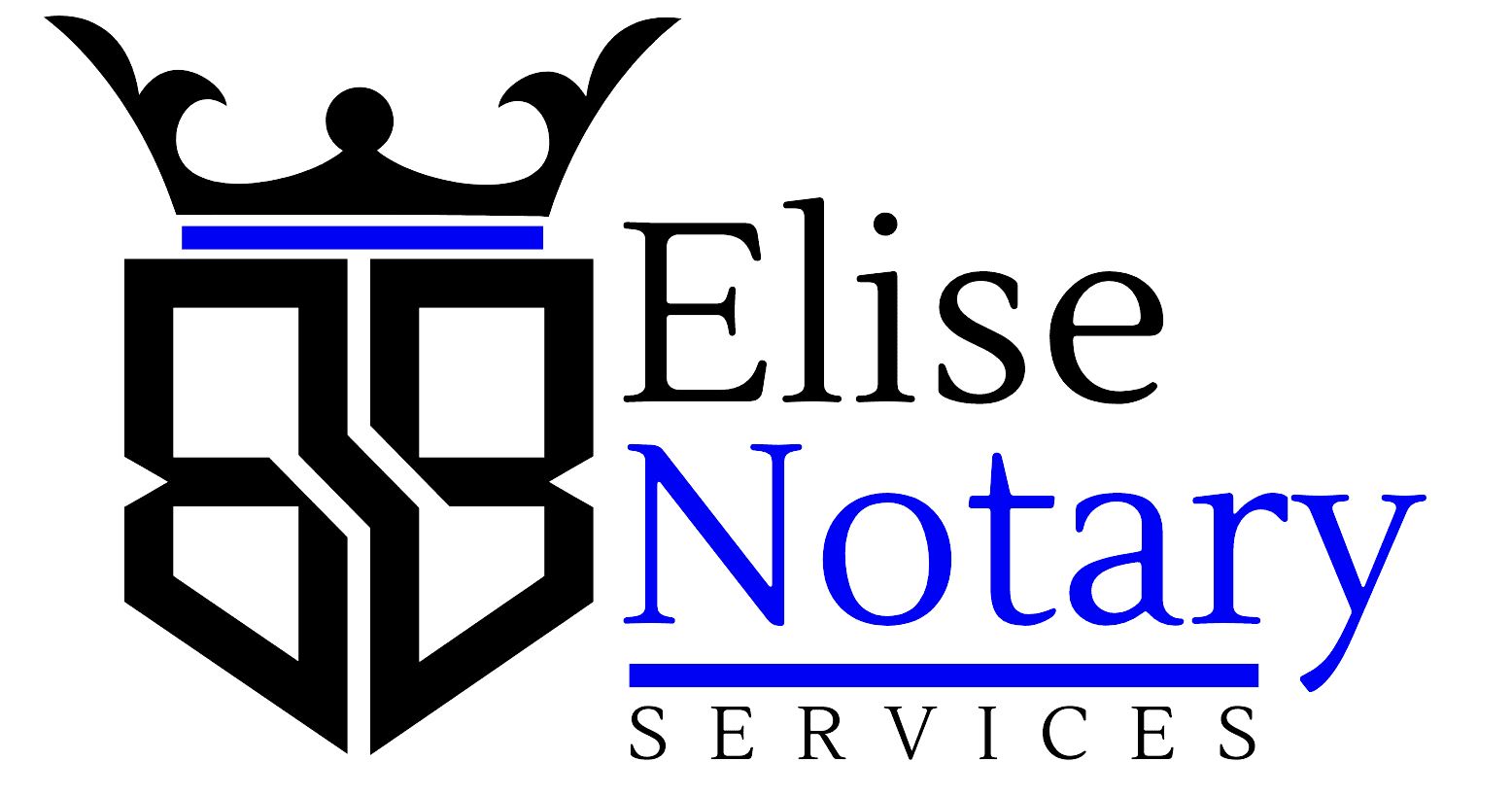Special Circumstance Signings: Signing by Mark and Signing by Proxy
In the notary world, not all signings are straightforward. Occasionally, you may encounter situations where a signer cannot write their name due to a disability, injury, or illiteracy. In these cases, Florida law allows two special signing methods — signing by mark and signing by proxy. Each requires specific steps and witness involvement to ensure validity and protection for all parties involved.
1. Signing by Mark
A signing by mark occurs when a person is unable to write their signature but can make a mark — such as an “X” — on the document.
Requirements:
The signer must make the mark in the presence of the notary.
Two witnesses must be present to observe the signing.
The witnesses must be disinterested parties (not named in the document and not beneficiaries to the transaction).
The witness for the mark should not also be the document witness.
The notary must write out the signer’s name next to the mark and note the method in the notarial certificate (e.g., “John Doe, who signed by mark in my presence”).
This procedure ensures that even when a person cannot sign conventionally, their intent and consent are properly verified and recorded.
2. Signing by Proxy
A signing by proxy is used when a person is physically unable to sign or make a mark. In this case, another individual may sign the person’s name at their direction and in their presence.
Requirements:
The signer must direct another person to sign their name.
The proxy signer must sign in the presence of the principal signer and the notary.
Two disinterested witnesses must be present and observe the act.
The notarial certificate should clearly indicate that the signature was affixed by proxy (e.g., “Signature affixed by Jane Smith at the direction of John Doe, who was unable to sign.”)
This method is intended for extraordinary situations and must be handled with great care and documentation to prevent fraud or disputes.
3. Witness Integrity and Disqualification
Must personally know the signer or be a disinterested party.
Cannot be listed in the document as a party or beneficiary.
Cannot have a financial interest in the transaction.
These requirements ensure fairness, impartiality, and protection against undue influence or fraud.
4. The Notary’s Role
As a notary public, your responsibility is to ensure that:
The signer’s identity, willingness, and awareness are verified.
Proper witness qualifications are met.
The notarial certificate accurately reflects the circumstances of the signing.
Documenting the process in your notary journal — including witness names, ID types, and notes about the situation — adds another layer of protection.
Final Thoughts
Special circumstance signings are about access and integrity. Every person deserves the ability to execute important documents — even when physical limitations exist. As a notary, your understanding of these procedures upholds that right while maintaining compliance with Florida law.
Stay informed, stay diligent, and always document thoroughly.


